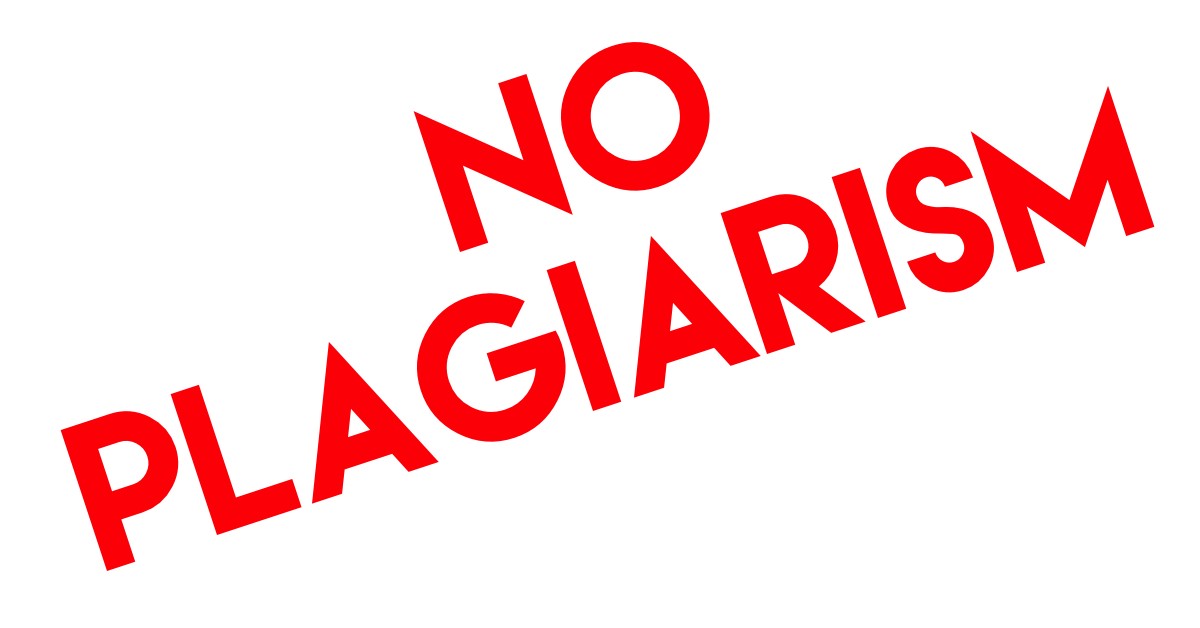Shodh Sagar is an Organization dedicated for the promotion of Research Activities. We value knowledge and respect the intellectual work contributed by the scholars and students.
We at Shodh Sagar strictly discourage plagiarism.
We help students in checking plagiarism
We help students removing plagiarism from the manuscript.


You can Reach us at :
Phone & Whats App : +91-9812052026
Email : shodhsagar@gmail.com
Corporate : 391 Gandhi Nagar Jind (Haryana)
Head : Sector 3, Rohini Delhi